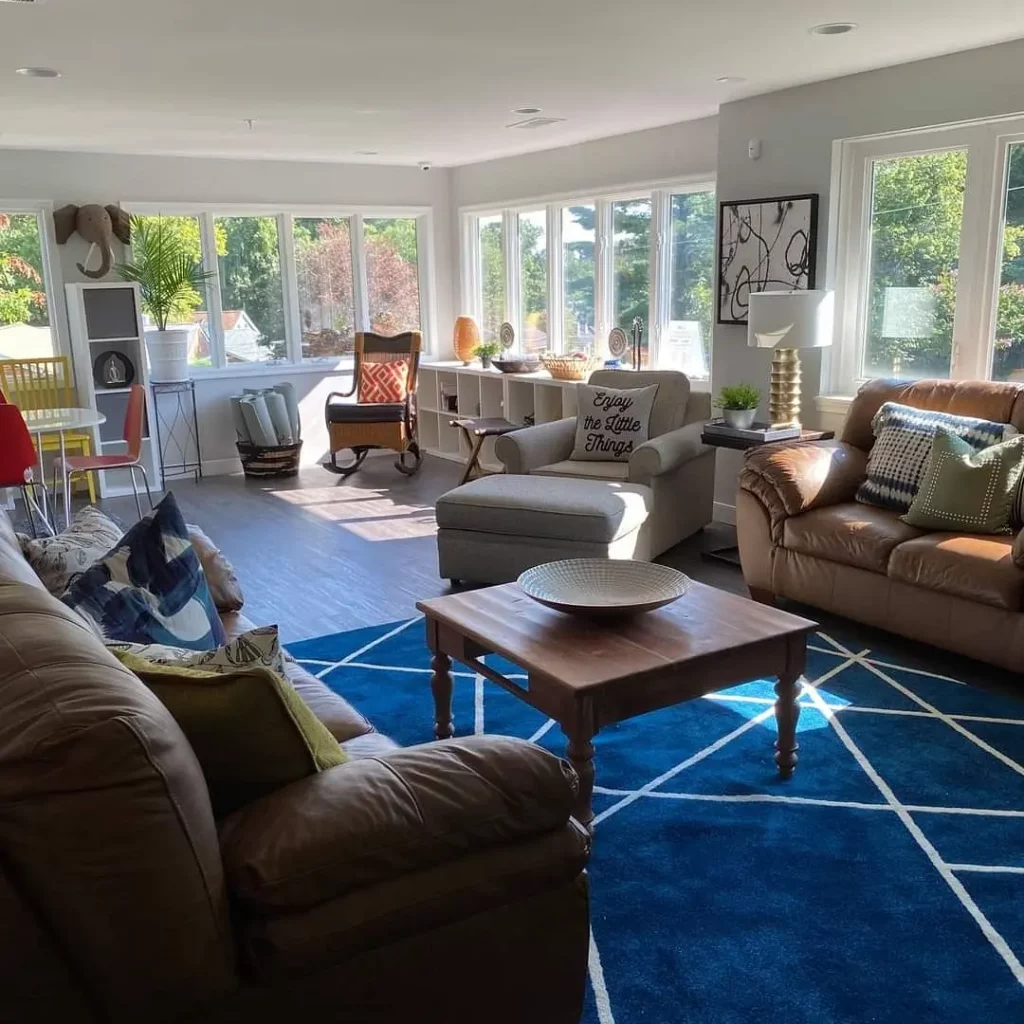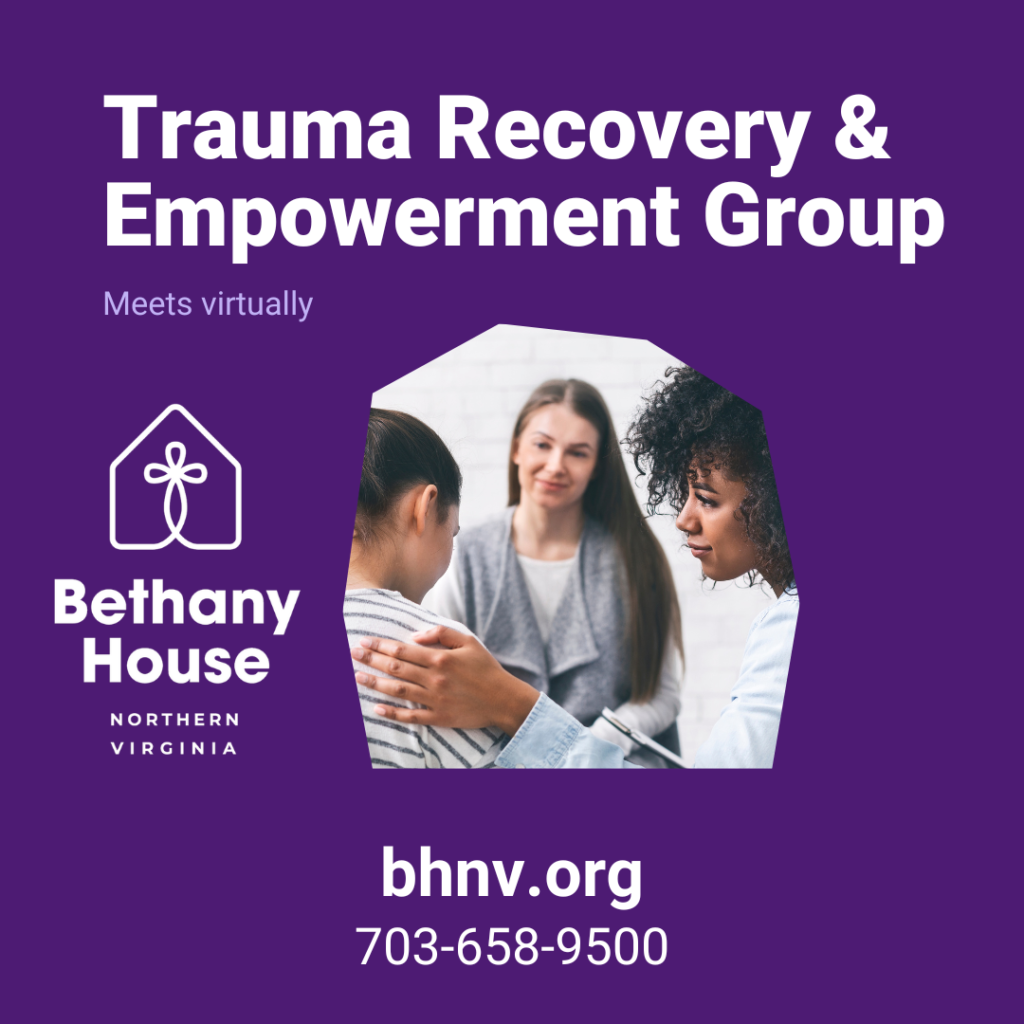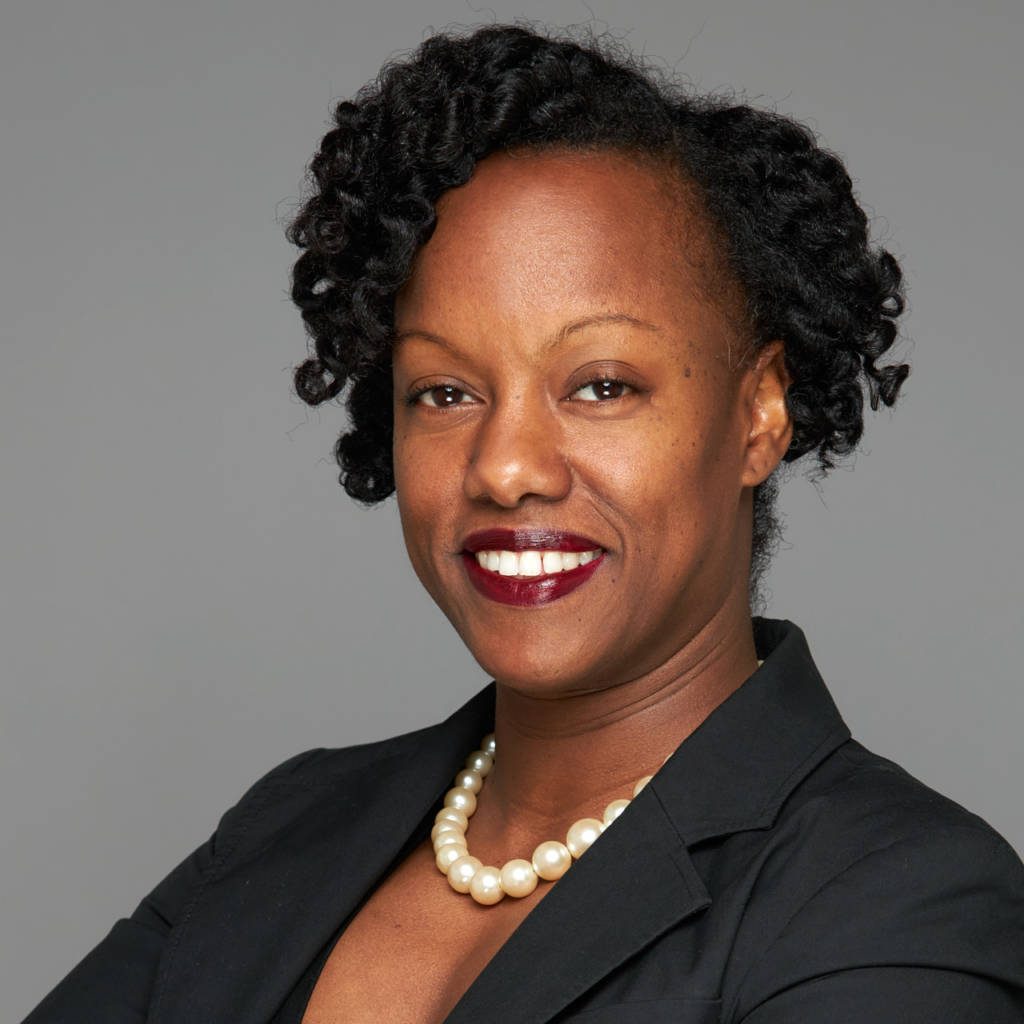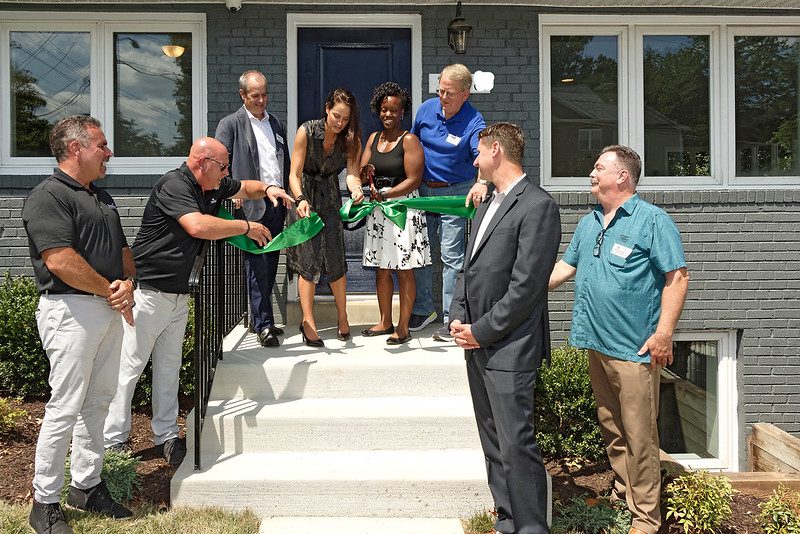Transformative defines the work of Bethany House of Northern Virginia, where women and children seek refuge from trauma and abuse. Giant Food supports this nonprofit organization through its Community Bag and Bloomin’ 4 Good Programs.
Tell us about Bethany House of Northern Virginia.
The mission of Bethany House is to empower women and children escaping domestic violence by providing safe, short-term housing and trauma-informed services. Bethany House was founded in 1979 by a powerhouse of a woman named Mrs. Doris Ward, who began to see that there was a need to help women who were escaping domestic violence.
The story goes that one of her neighbors, who had been beaten up by her husband, stopped by her house one day, and Mrs. Ward was on her way to get her hair done. So, she said, “You stay here at my house, and I’ll go to the hair appointment. When I come back, we’ll figure out what to do.” It was 1979, so there were no resources really available. Domestic violence wasn’t a term that was used. It was very much perceived as, “That’s your business. What happens in your house, stays in your house.” And so, she kept that woman in her house for about six months and continued to help her find services to get onto her feet.
Word got around that Mrs. Ward would help someone trying to escape domestic violence, and the rest is history. She began by starting from her house and then eventually purchased more houses to develop safe houses. She was on the board of directors for many years after she launched Bethany House. Mrs. Ward passed away in 2014, but she worked very actively in the organization until her passing.

What sets you apart from other nonprofits in your community?
We are unique for a couple of reasons. First of all, as far as domestic violence shelters go, most shelters are jurisdictional. That means if you live in a specific locality, you must get services from the government-run facility in that locality. For example, if I’m a resident of Fairfax County and I’m suffering from domestic violence, I have to go to the Fairfax County facility. I can’t go to Arlington or Loudon County. Bethany House, however, is privately funded, which means that we’re nonjurisdictional. We can, and we do, accept women from all over the country.
Second, most emergency shelters are 30-day shelters, 45 days at the most. Because we provide comprehensive care to women with the goal of moving them into independence, we keep women in our safe houses for four to six months. During that time, we provide them with counseling, with life skills classes, with anything that a woman needs, and it’s very personalized to help her to get onto her feet and to become self-sufficient.
Then once she leaves us, and another part of what we do that’s different, we continue to provide support for two years with our Aftercare Program. There are a lot of women who come to us who’ve never had any semblance of independence. Everything’s been controlled. With the safety net of continued counseling, women can come and visit our pantry, for example, if they run into financial difficulties as they’re trying to build their lives. We can support them in that by providing rent assistance, as another example. It really provides a safety net so that she has no reason to return to an abusive relationship because of that comprehensive care. We have a very low rate of women who go back to abusive situations.
What we’re discovering also is we have an influx now of women who are immigrants who come on marriage visas from other countries. Since they are new to the country, these women are limited in their knowledge of the language and limited in their knowledge of how the country is run and organized. That is another layer of control that a spouse can have on that woman. In the last few years, we have had to do more in learning the immigration system, learning how to support women in that way and working with the federal government and the Violence Against Women Act, which makes some provision for us to help women who come from other countries.
There are a lot of women who come to us who’ve never had any semblance of independence. Everything’s been controlled.
Tell us a story that illustrates the good work your organization is doing.
“Maria” came to us last October from another state. She piled her three children and just about everything that she owned into her vehicle. She traveled for about nine hours to get to us after researching what we do and the kind of program that we have, and to make sure that we would be a safe, comfortable place for her children.
When she arrived here, she immediately got settled and acclimated. We got her kids into school, and she began to receive counseling, life skills classes and also took exercise classes. Twice a week the women have a trainer come in and do exercise and fitness with them. We also have a yoga instructor that comes in that helps them.
She worked on herself, worked on becoming whole and made sure that her children got into counseling as well. She stayed in the safe house for about five months and then secured her own place as well as a job in management for a local hotel chain. She is doing remarkably well.
Because of an agreement that we have with Fairfax County Public Schools, even though she moved out of the district of a safe house, the children didn’t have to change schools again; they were able to stay in the same schools.
She just stopped by the other day, and she’s just doing so well. And that’s what we do–watching these transformations, watching women come in dejected and scared and afraid, then watching them leave us empowered and strong and secure and with a future in mind–it just never gets old.
What is your greatest achievement or contribution to the community?
Our vision is to eliminate domestic violence one family at a time. In order to do that, I feel we have to do more in the community and that means more than simply taking care of the women that we serve.
We recently opened up community support groups you can attend if you’re not at the point where you feel like you want to come and get help, or you’ve been through it, but you still need a little bit more support to continue to move forward after violence. I feel the community support groups are the start of bringing a lot more awareness to our community about domestic violence. If we have healthy communities and healthy families, we can really start to put a dent into this issue.

Our director of programming and counseling services really has a heart to work with abusers because if we are going to eliminate domestic violence one family at a time, we can’t just deal with survivors and victims. We have to get to the heart of it. And it’s work that people don’t really want to talk about or do, but we have to deal with it. We’re looking into working with the courts and helping abusers–men and women–who have found themselves in the court system because of their criminal act of domestic violence. We want to provide support to reframe some of their thinking, some of those behaviors and get to the root of why people are abusive so that we can put an end to it.
What do you want people to know about Bethany House of Northern Virginia?
I want people to know that we genuinely care about people and about our community. We truly want to make sure that people are whole and healthy and healed. And we need help to grow our organization. The need for these services almost always outweighs the means. We need community support, too, as in volunteerism and donations, to help us to expand our services so that we can help to heal our communities. That’s really the goal.
And my personal goal is to carry on the legacy of Mrs. Ward. I think she was a phenomenal visionary woman. And I believe she had a real heart to help all kinds of people, not just women who are suffering domestic violence, but people who are in need in general. I think the goal of Bethany House is really to help to leave this earth better than we found it.
We truly want to make sure that people are whole and healthy and healed.
How will you use the funds raised from the Giant Food Community Bag and Bloomin’ 4 Good Programs?
We’re really excited because we had a house donated to us at the beginning of the year from a longtime supporter who passed away. But it needs to be renovated and properly fitted to convert it into an additional safe house for our community. Much of our fundraising this year has gone toward our Safehouse Expansion Campaign to help us not only renovate that house and get it ready to receive more women, but to expand our entire organization because we want houses all over the DC area. We want to make sure that we can really provide this service to as many people as possible. So, primarily, much of our funding this year is going towards helping us to get that house prepared to receive new clients.
But everyday things matter. Imagine, as a woman, having to leave your whole life, sometimes instantly, and leaving everything behind. Most funding goes to basic needs for women, safe shelter, making sure they have clothes, the new wardrobe for the kids, school supplies, making sure that they have career training and education, trauma counseling and all of those things that you need to start a life as an independent adult free from abuse. The bulk of our funds go to those things as well.
Is there anything you’d like to add?
My final thought would be just be kind to each other, just be good to each other. The world needs a lot more of that. And then don’t be afraid to check on people if you feel like something is off. At least let someone know, “I’m here and you don’t have to tell me anything, or you don’t have to divulge your business, but just know I’m here. I see you, and I’m here for you.” I think that makes a huge difference as far as giving people the courage to leave a domestic violence situation.

After volunteering for seven years at Bethany House of Northern Virginia, former teacher and entrepreneur Tiffany Santana stepped into the role of Executive Director in January 2021.

